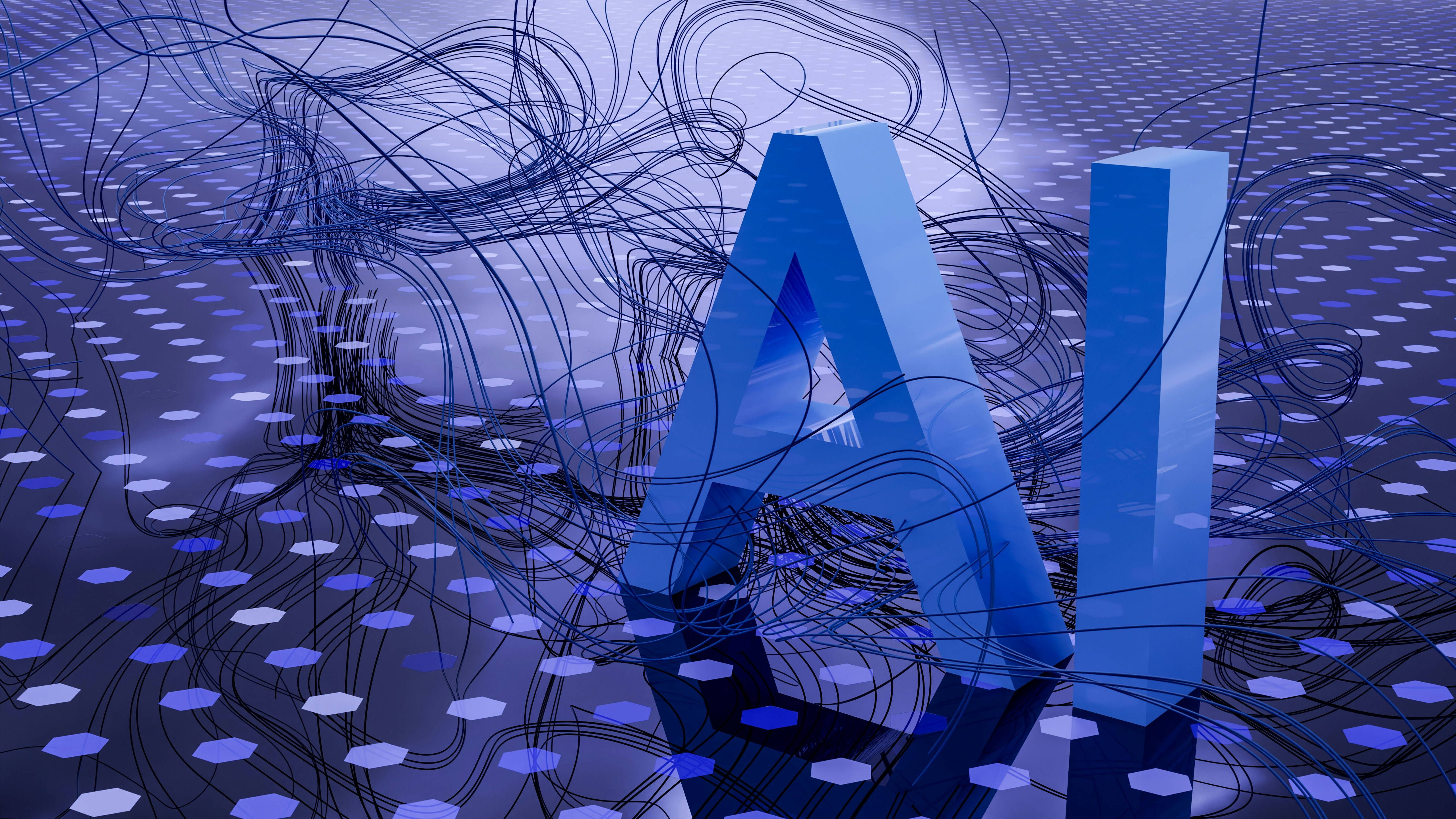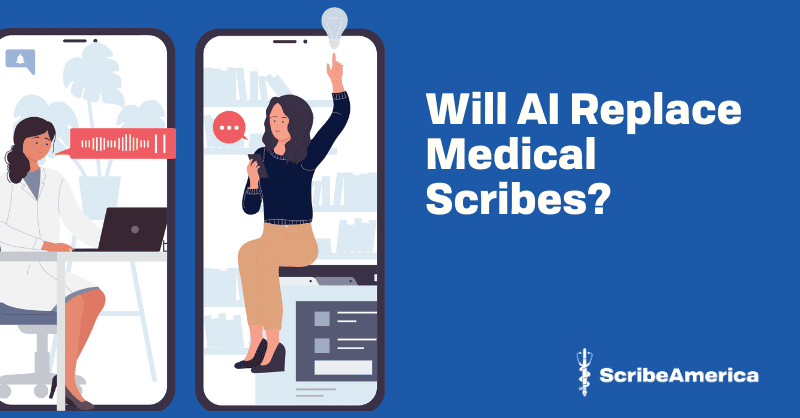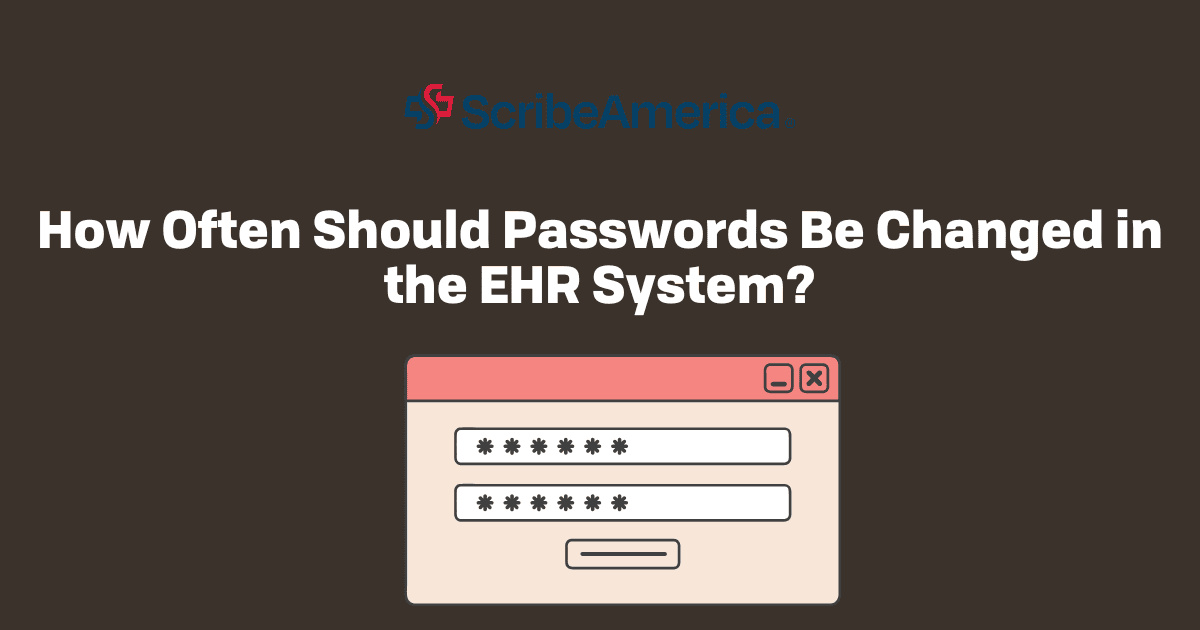In the ever-evolving landscape of healthcare, the integration of technology has revolutionized numerous facets of medical practice. One such innovation that has gained significant traction is the utilization of AI medical scribes. These digital assistants are designed to streamline administrative tasks, enhance documentation accuracy, and ultimately improve patient care. However, amidst the rise of artificial intelligence in healthcare, many wonder: will AI replace medical scribes?
The emergence of AI medical scribes
Artificial intelligence medical scribes are sophisticated software solutions engineered to assist healthcare providers in documenting patient encounters. These AI systems leverage natural language processing (NLP) and machine learning algorithms to transcribe and organize clinical notes efficiently.
By automating documentation tasks, AI medical scribes aim to alleviate the administrative burden on physicians, allowing them to focus more on patient care.
Enhancing efficiency and accuracy through artificial intelligence
One of the primary advantages of AI medical scribes is their ability to enhance efficiency and accuracy in documentation. Unlike human scribes, AI systems can rapidly process vast amounts of information and generate comprehensive notes in real-time. Moreover, these digital assistants are not susceptible to fatigue or human error, minimizing the risk of inaccuracies in medical records. By leveraging AI technology, healthcare providers can expedite the documentation process and ensure the integrity of patient data.

Challenges and limitations
Will AI replace medical scribes? Despite the promising capabilities of AI medical scribes, several challenges and limitations persist. One notable concern is the potential loss of human touch in patient interactions.
While AI systems excel in data processing, they may lack the empathy and contextual understanding that human scribes bring to the table. Additionally, the integration of AI technology into existing healthcare workflows requires careful consideration and adaptation. Healthcare professionals must undergo training to effectively utilize AI medical scribes and mitigate potential disruptions to clinical practice. But what is medical scribe training? You can find out in our previous article. What's more, ScribeAmerica can fully train you on how to excel in this role.
What’s in store for medical scribes?
As AI continues to advance, the role of medical scribes may undergo transformation. While some fear that AI will render human scribes obsolete, others believe that technology will complement rather than replace human involvement in healthcare. Rather than displacing medical scribe jobs entirely, AI may serve as a tool to augment the capabilities of healthcare professionals. Human scribes can focus on tasks that require interpersonal skills and critical thinking, while AI handles routine administrative duties.
The takeaway
Will AI replace medical scribes? The advent of AI medical scribes represents a significant advancement in healthcare technology. While these digital assistants offer numerous benefits in terms of efficiency and accuracy, they also pose challenges in terms of maintaining humanistic aspects of patient care. As the healthcare industry navigates the integration of AI, it is essential to strike a balance between leveraging technology to enhance productivity and preserving the human element in patient interactions.
Ultimately, the future of medical scribe jobs lies in synergy between artificial intelligence and human expertise, ensuring optimal patient care in the digital age.
Want to learn more about the healthcare team? Check our article: What is a healthcare team?




